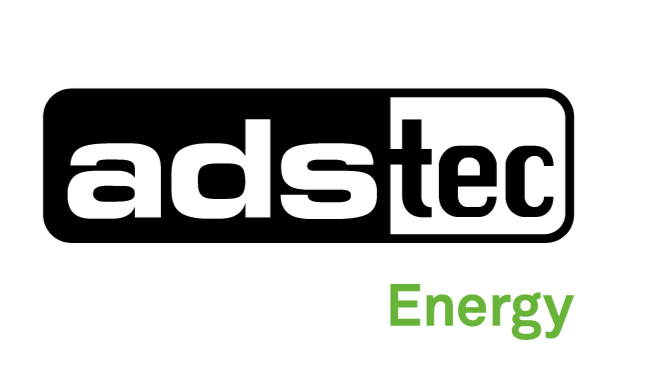
Our Members
Our members have access to valuable resources, networking opportunities, and support to help them achieve their alternative fuel goals. With their direct support, they help us work towards a cleaner, more resilient Treasure Valley and play a role in the growth of our coalition.
Member Spotlight
Jim Van Dinter
We got the opportunity to sit down and interview Jim Van Dinter, the TVCCC’s first paid individual member. He is an avid supporter of electric cars and has been an incredible support to the coalition for the past 7 years.
Jim’s EV story began in 2004 when he took a job in Caldwell where his commute to work substantially grew. He was introduced into the world of EVs when he decided it was too expensive to keep driving his truck so he transitioned into purchasing his first Prius. After 14 years of growing to love his PHEV he went all electric by buying a Tesla and has been an EV owner ever since. One of his favorite features of his EV is the “frunk” where he stores his birdseed. Jim has two main reasons for his support of alternative fuels and electric cars: the environmental benefits and the financial advantages.
In 2018 he joined the Boise PlugInGroup. This is a group of avid electric vehicle (EV) owners. They have actively supported the expansion of EV ownership in the Treasure Valley by participating in local car shows, supporting organizations like TVCCC and testifying before the state legislature.
His first experience with the TVCCC was in 2018 when he participated in the Annual Drive Electric Week Car Show where he learned about the important work the coalition does for the Treasure Valley. Jim stated that his favorite part of being involved with the coalition is the timely information the TVCCC shares and the opportunity to see first-hand the newest technology in electric vehicles.
Jim has a strong passion for alternative fuels and vehicle electrification. He is always trying to keep up to date with all the details about charging infrastructure expansion, the evolution of the EV market, battery longevity, and the latest EV features. He understands the value of expanding chargers into rural areas, especially along interstate routes so that Idaho EV owners can travel with comfort across the state. Jim believes in the importance of lobbying for clean energy and the adoption of EVs
Jim Van Dinter chose to become a member of the TVCCC because he wanted to aid the coalition’s work and wanted to contribute financially, especially during a time when there are fluctuations of federal funding.
We appreciate the contribution that Jim and our Members have made to allow us to continue to make a positive impact in our community to improve energy and economic security through the expansion of alternative fuels.

Our Members.
Making a difference, one mile at a time.







